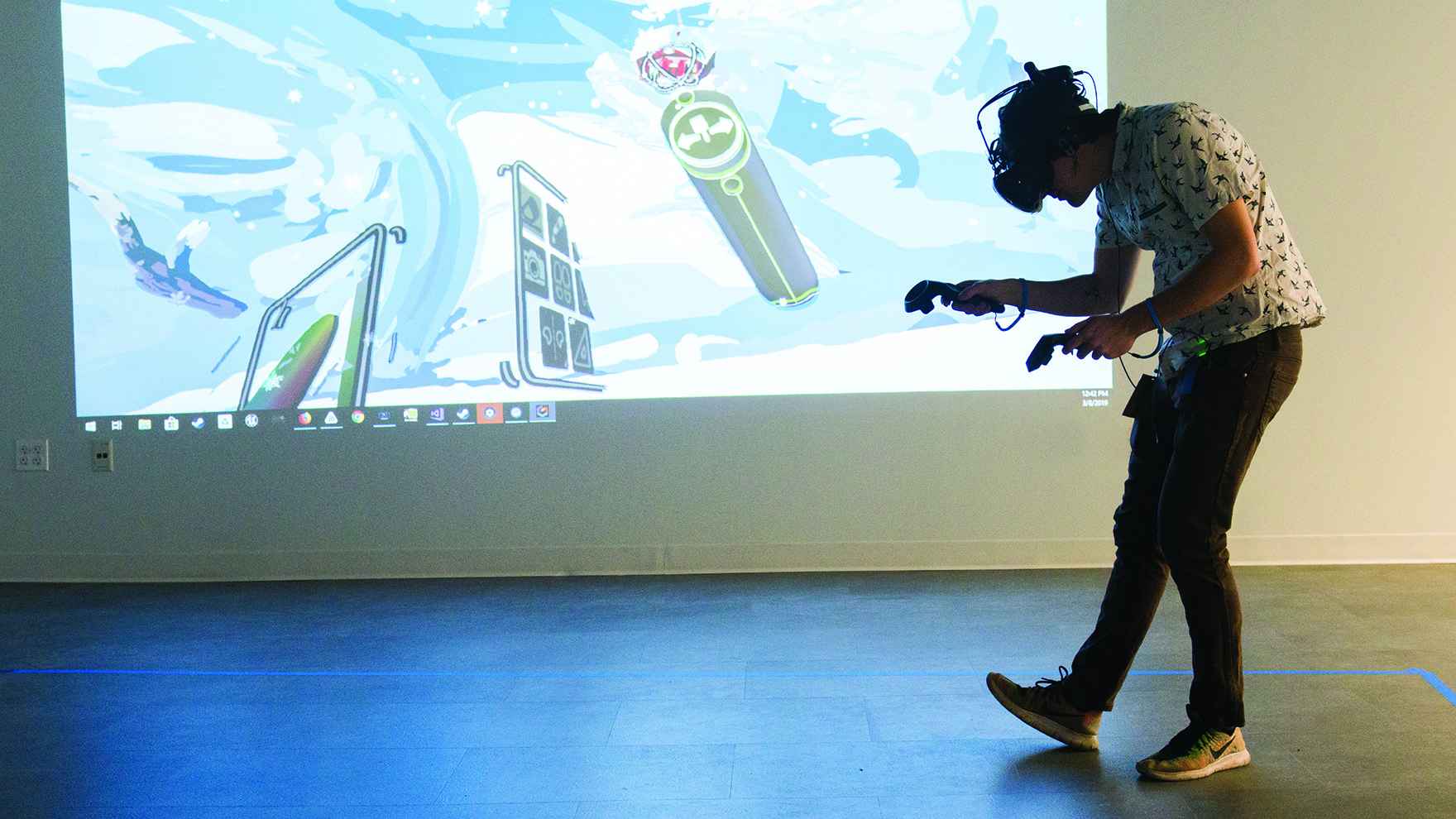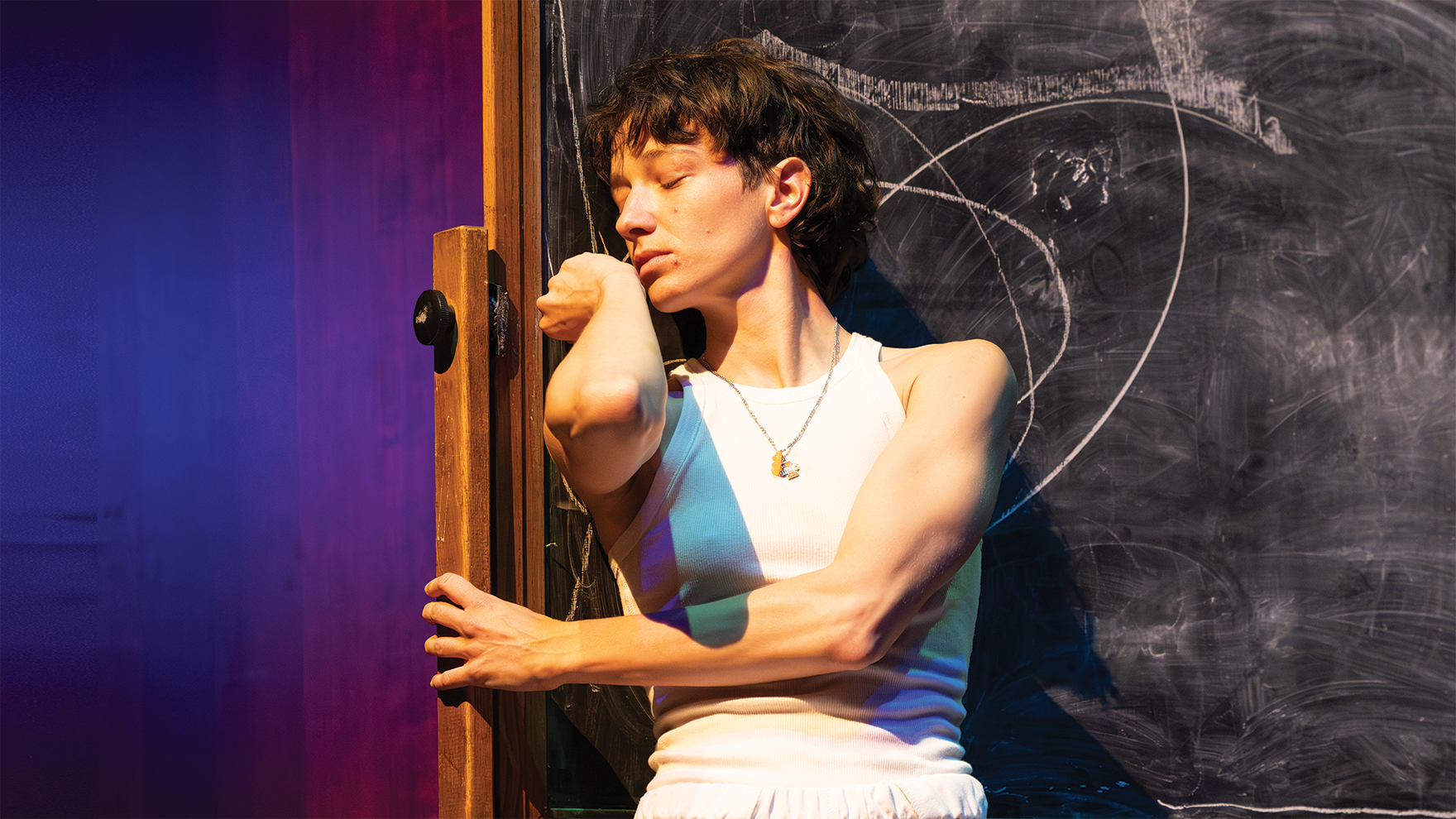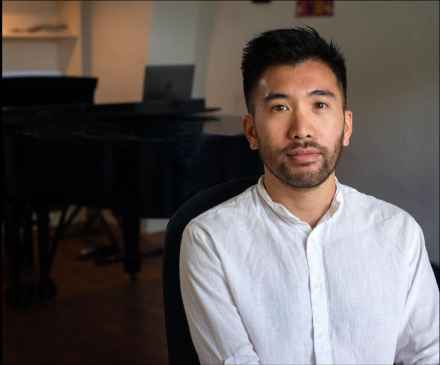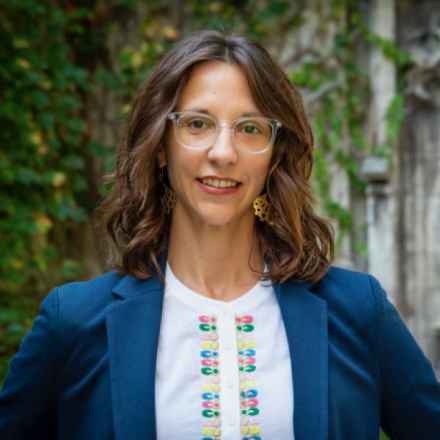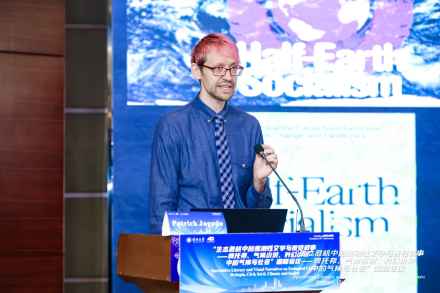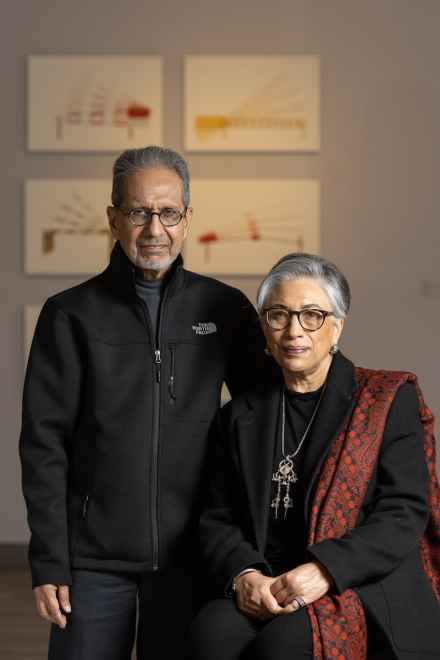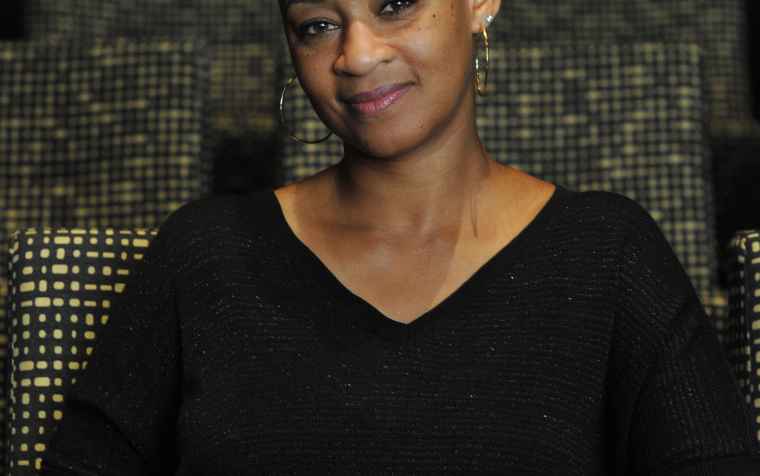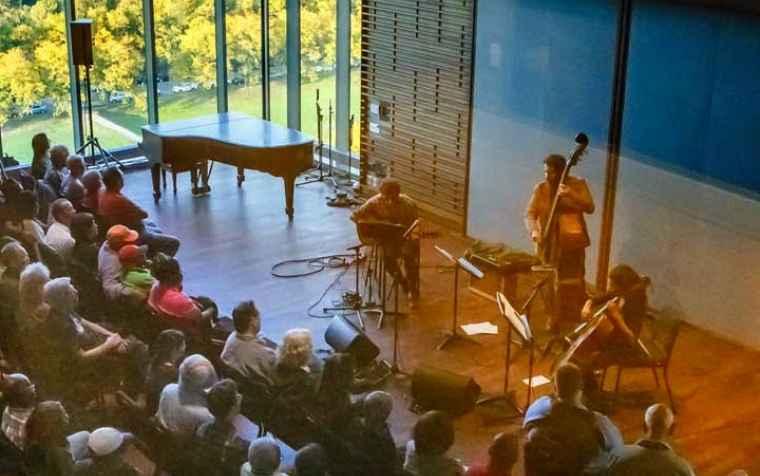A UChicago Composer Finds Inspiration in Rome
Each morning Baldwin Giang wakes up, walks to the window and looks out over Janiculum Hill, the highest point in Rome. Though his day will surely involve composing music, the University of Chicago graduate student isn’t interested in staying locked inside a studio when the city is at his fingertips.
“Rome is really exciting because it's the kind of place where you can be constantly surprised if you open yourself up to it,” Giang said.
In 2023, Giang was awarded the nationally competitive Samuel Barber Rome Prize, granting him a year of “time and space to think and work” at the American Academy in Rome.
Music and Medicine Foster Creativity and Belonging at South Side School
UChicago’s eight partner programs with City Elementary allow student volunteers to foster creativity and belonging for neurodiverse students who often feel left out in conventional classroom settings.
The Music Sociality program, led by Jennifer Iverson—an associate professor in the Department of Music and board chair of City Elementary—leverages collaborative and discussion-based activities to improve social skills in a fun and welcoming environment.
For Iverson, discussing musical tastes or collaborating on a song can be perfect ways for autistic children who struggle with turn-taking to practice reciprocal communication and listening.
Serious Gaming in China: Humanities Professor's Journey to the No. 1 Mecca of the Gaming Industry
Globally, digital games of all types and persuasions are big business. Industry experts report in 2023 that approximately 3.38 billion people worldwide play games. The global market for the gaming industry in 2023 was expected to reach $187.7 billion in revenue, according to Newzoo. To place this in perspective, movies worldwide generated $26 billion in revenue, and streaming services revenue was approximately $1.1 billion in 2023, according to Grand View Research. In order of their size, China, the U.S., and Japan are the top markets for the gaming industry.
“We’ve seen a growing difference between the size of the gaming and film industries,” said Patrick Jagoda, the William Rainey Harper Professor in the Departments of English Language and Literature, Cinema and Media Studies, and Obstetrics and Gynecology, and faculty director of the Weston Game Lab and the Media, Arts, and Design major at UChicago.
In November 2023, Jagoda traveled to Shenzhen, Hong Kong, and Beijing in China to deliver several lectures about game studies and game design for climate change, host a creative worldbuilding workshop with local peers, and give several interviews to the prominent Chinese news outlets.
Humanities Division to Elevate the Study of South Asian Art and Media
UChicago’s Division of the Humanities launches a new visiting professorship in South Asian Art and Media in 2025‒2026 thanks to generous funding from Dr. Shireen and Dr. Afzal Ahmad. Their $1.5 million gift will provide for a visiting professor for one quarter annually, expanding the university’s visibility and expertise in South Asian art.
“The Ahmad’s gift will bring new attention to the visual arts and media of South Asia,” said Deborah L. Nelson, Dean of the Division of the Humanities and Helen B. and Frank L. Sulzberger Professor in the Department of English Language and Literature and the College at UChicago. “Hiring a faculty member of great distinction will enhance our already top departments in South Asian Languages and Cultures, Art History, and Cinema and Media Studies and bring them into closer partnership.”
